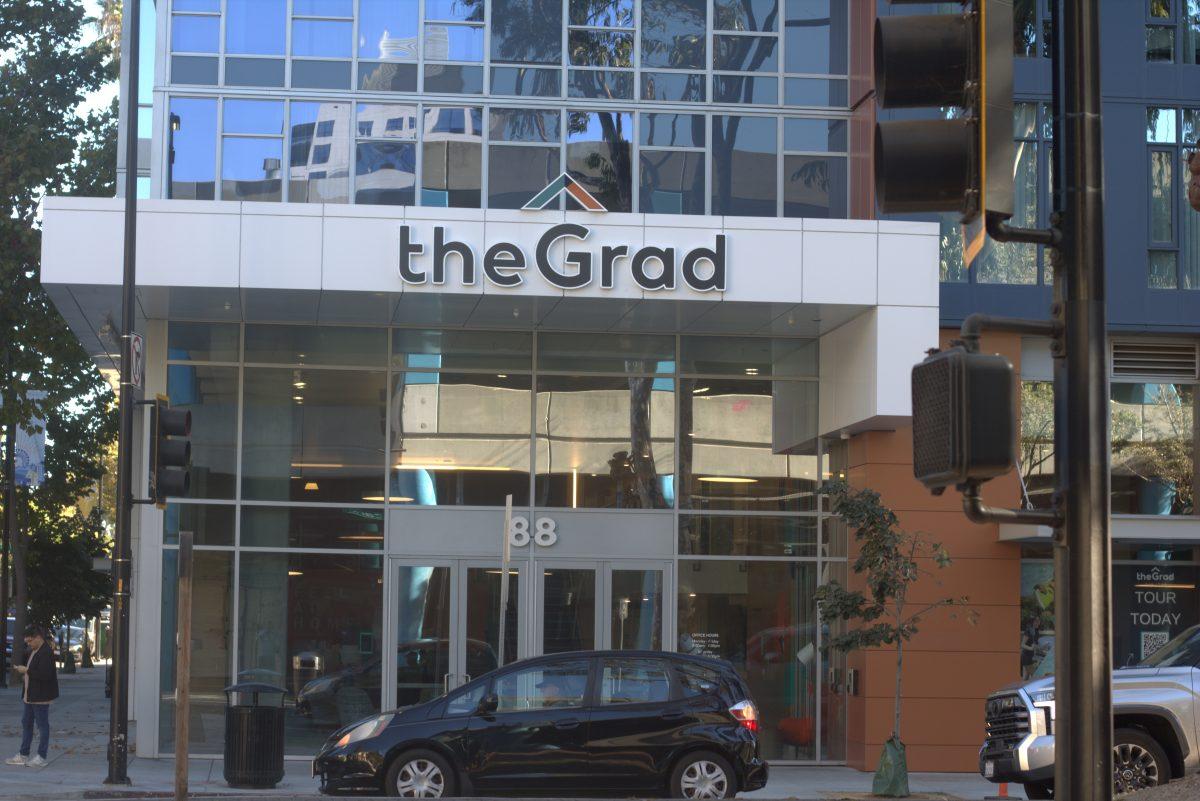After more than a year under the coronavirus pandemic’s harsh restrictions, including stay-at-home mandates that stripped us away from everyday human contact, it’s almost terrifying to imagine what our lives would have been like without social media.
Social media is one of the most influential forces of this time. It connects us to each other, lets us share our stories and gives us access to the rest of the world in the palm of our hands.
Out of 7.6 billion people around the globe, 5.1 billion have a mobile phone and 3.2 billion are active social media users, according to a Jan. 31, 2019 DataReportal article.
DataReportal is a data and analytics organization that aims to provide insights on global trends, according to its website.
During the height of COVID-19 restrictions from January to April 2020, most people relied on the dynamism of social media platforms, including Snapchat, Twitter, Instagram, TikTok and Facebook.
However, people need to be aware of and mitigate the intensifying negative effects from high levels of social media activity so they can reap the networks’ benefits.
Social media use has been directly associated with worsened mental health amid the pandemic, especially in adolescents and young adults, according to a Sept. 17, 2020 peer-reviewed article by the National Center for Biotechnology Information.
However, social media has had a monumental change in the way society operates. Society has become incredibly dependent on social media, but it’s far too embedded in our lives to delete now. This means that we must start cultivating the way society uses social media and make a move toward mindful use.
According to a Nov. 19, 2019 study by Harvard University (HU) researchers, three positive health outcomes have been associated with mindful social media usage: social well-being, positive mental health and self-rated health.
In a Jan. 6, 2020 HU article, Mesfin Bekalu, research scientist and co-contributor of the 2019 HU study, said he was intrigued by the findings that suggested social media has positive effects on the well-being of young people.
“Social media may provide individuals with a platform that overcomes barriers of distance and time, allowing them to connect and reconnect with others and thereby expand and strengthen their in-person networks and interactions,” Bekalu said in the article.
Mindful usage is a key component to monitoring the ways social media can affect you. Although some aspects are out of the user’s control, such as what others choose to share, it’s crucial to maintain a healthy balance between the virtual world and physical world.
In order to mindfully use social media, users should consider their intentions before opening the app, according to a Feb. 5, 2020 University of Minnesota Medical School (UMN) article. If they’re unsure about their intentions, they shouldn’t open the app because, at that point, it’s just a reflex.
Other examples of mindful use include reminding yourself social media isn’t reality, posting the content you want instead of trying to earn likes and avoiding negativity and interacting more to simulate a realistic virtual presence, according to the UMN article.
Social media represents the relationship between the content and the viewer. Instead of blaming the content, people need to take back control and manage their use so the digital world can transform our connections in a positive way.









































